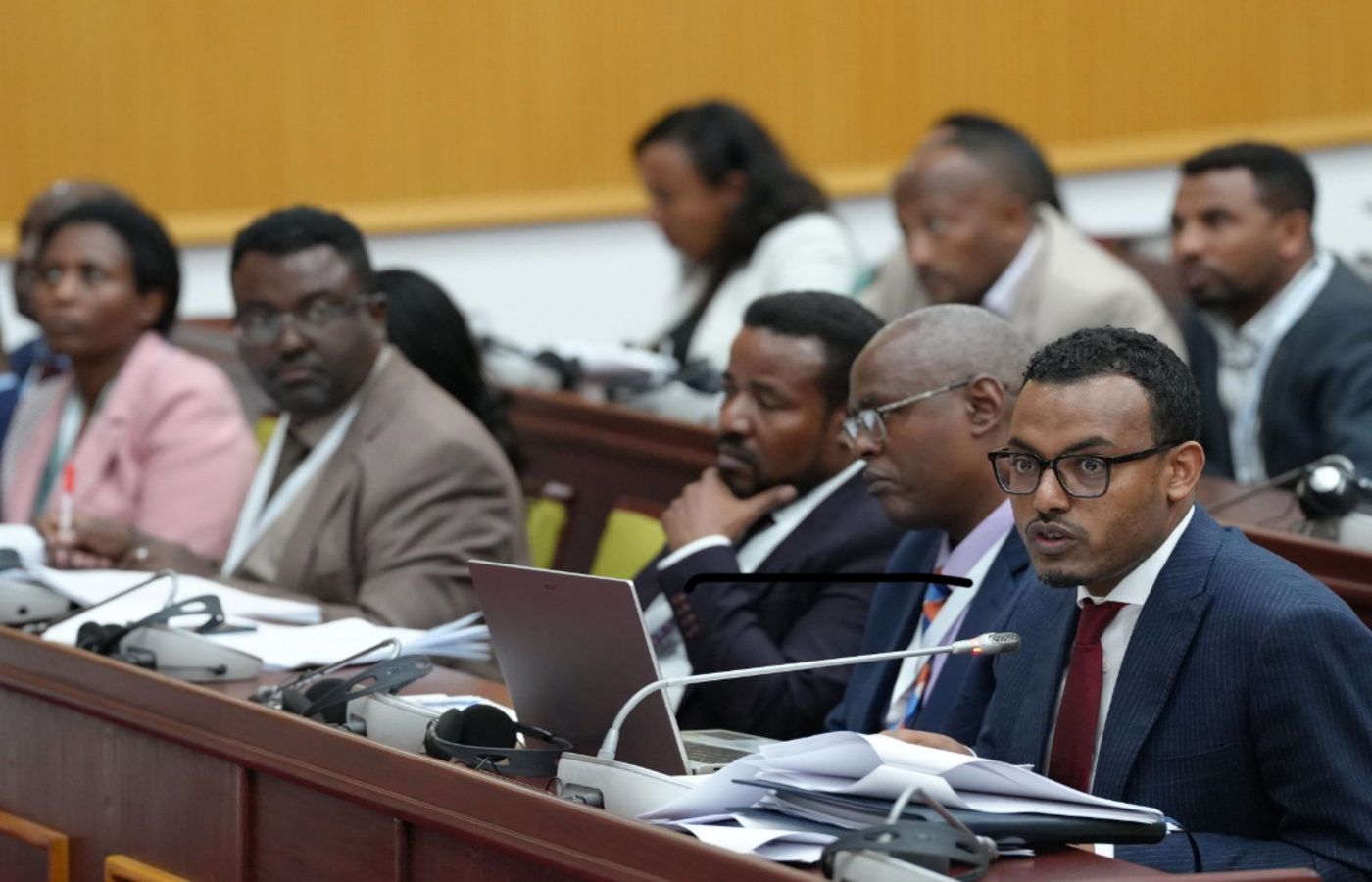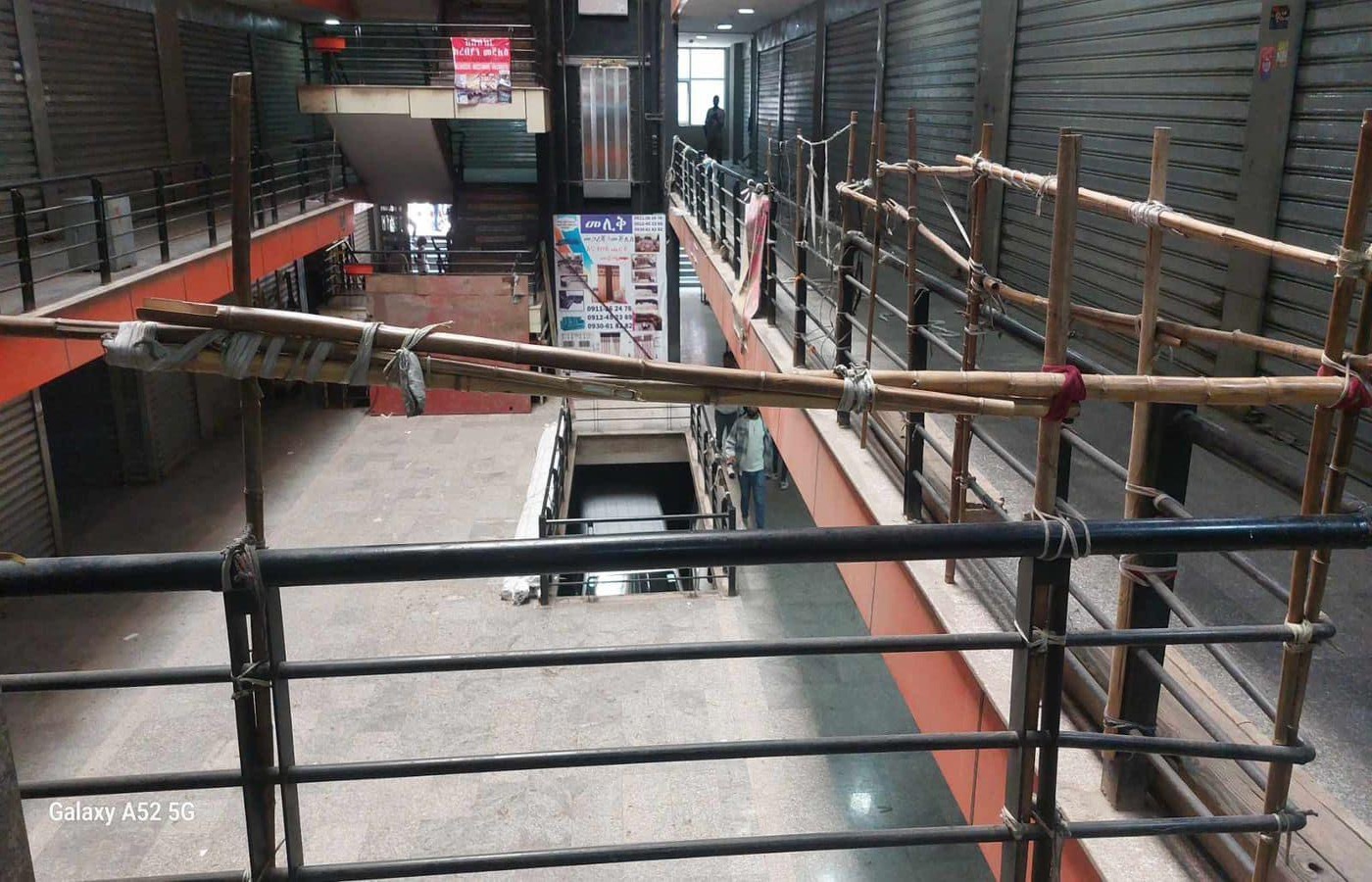By Mihret Alem
- Coffee Farmers Grapple with Looming EU Regulations
In the remote Sidama zone of southern Ethiopia, Temesgen Tokuma wakes each day to tend his small coffee farm – as generations of his family have done before him. Coffee represents much more than a crop here; it is deeply ingrained in the culture and crucial to Ethiopia's economy and rural livelihoods.
But looming changes in faraway Europe now threaten to disrupt coffee cultivation traditions that have long sustained this East African nation. Stringent new import regulations set to take full effect in the European Union (EU) aim to reduce deforestation by banning agricultural commodities linked to forest destruction.
The European Union's new Deforestation Regulation (EUDR), set to take full effect by the end of 2024, aims to reduce deforestation by banning imports of agricultural commodities linked to the destruction of forests. While an important environmental goal, the stringent tracing and certification requirements of the law pose serious compliance challenges for a developing country like Ethiopia with complex land ownership systems and smallholder farmers lacking resources and infrastructure.
As one of the world's largest coffee producers and exporters, generating over 450 million dollars annually from shipments to Europe, Ethiopia stands to lose greatly if it cannot meet the demands of the new regulation. Interviews with farmers, exporters, and government officials reveal major concerns about the EUDR's impacts and the enormous effort needed for Ethiopia to avoid economic and social disruption.
"Monitoring areas with limited access to fertilizers makes our lives harder," says Temesgen, reflecting on the difficulty of precisely tracking crops grown on his small 1-hectare farm near Yirgalem. Like over 16 million Ethiopian farmers, Temesgen relies solely on coffee for sustaining his family. If demand and prices decline due to non-compliance with the EUDR, the consequences would be devastating.
"A loss of European exports would disrupt our income and make it difficult for us to meet our basic needs," Temesgen warns. Due to decades of cultivation, it is nearly impossible for smallholders to avoid growing coffee in areas that were once forested, even if afforestation occurred long ago. Proving commodities are deforestation-free poses a major hurdle.
The challenges are compounded down the supply chain. "Tracing the supply chains back to individual farms is highly complex," says Zelalem Fisseha, an experienced coffee exporter. Involvement of multiple collectors and the amalgamation of beans from thousands of small plots makes full traceability and verification an enormous task, even for established exporters.
Technology and investment are crucial to improving Ethiopia's traceability capabilities but come with high costs, Zelalem notes. "The responsibility for addressing this issue lies with the government," he believes, given exporters' limited capacity to tackle systemic problems alone. “Improving traceability and certification capabilities requires significant investments in terms of manpower and financial resources. It is not feasible to achieve this at an individual level,” he added.
Ethiopia's Coffee and Tea Authority recognizes the daunting task ahead. "Digitizing fields and establishing a comprehensive tracking system is no small feat," explains Director General Adugna Debela. Close to six million smallholder families cultivate coffee across challenging terrain with unreliable infrastructure—a scale that tests even developed nations' abilities. “Many farmers have small landholdings of less than 0.5 hectares, making it difficult to include them in the new system,” Adugna added.
While compliance support from Europe could help, Adugna expresses frustration that the regulations did not consider diverse realities across producing countries. "It is unfair to place the full burden on our farmers due to their small land sizes," he argues. Significant time and resources will be needed to strengthen Ethiopia's oversight systems and build farmer awareness, certification, and documentation capacities.
Ethiopia has made diplomatic appeals, requesting flexibility on the EUDR implementation timeline. "We've emphasized our unique conditions to European partners," Adugna notes, hoping for an understanding of challenges beyond any single country's control. Financial and technical assistance from the EU or aid partners would also boost Ethiopia's national program to prepare stakeholders for compliance.
Failure to access European markets could undermine decades of progress in reducing poverty and food insecurity, reversing complementary efforts like tree planting initiatives. "Coffee is vital for our rural economy and environment," Adugna emphasizes. An inadvertent loss of exports risks unintended damage beyond deforestation alone.
On the ground, intermediary support is paramount. "Training and resources from the government and exporters would greatly help farmers comply," Temsgen believes. Without such adaptative capacity building, the stringent rules may force smaller producers out of business despite conservation intentions, with livelihood collateral impacts just as severe as any potential ecological ones.
As the clock ticks towards the EUDR's critical effective date, Ethiopia faces a race against time to establish systems balancing forest stewardship with social safeguards for coffee-dependent communities. A nuanced, collaborative process of standardization and investment appears essential to avoid potential hardships, while upholding environmental values on both sides. The thousands of Temsgen’s relying on crops could pay a high price without it.





